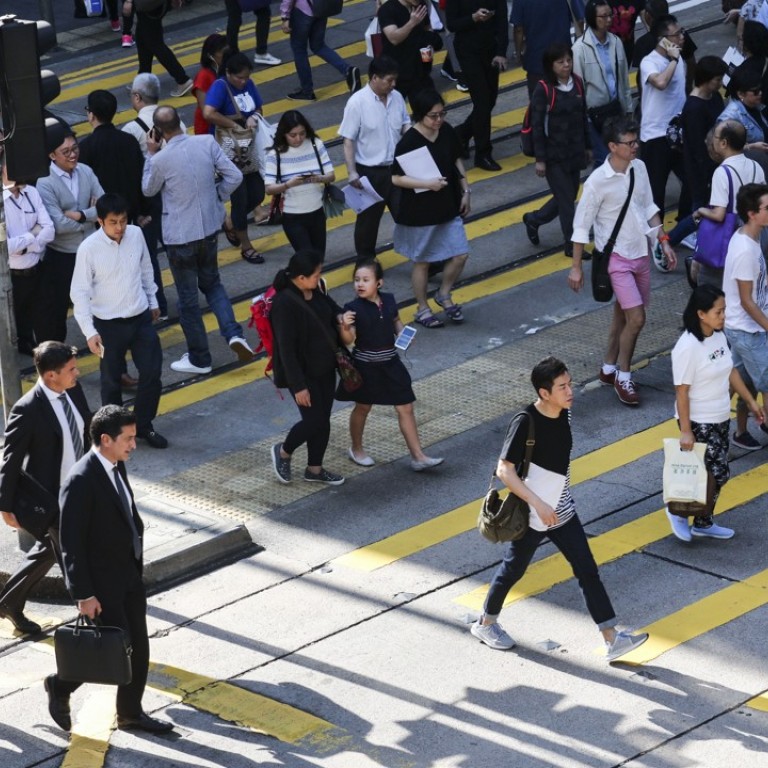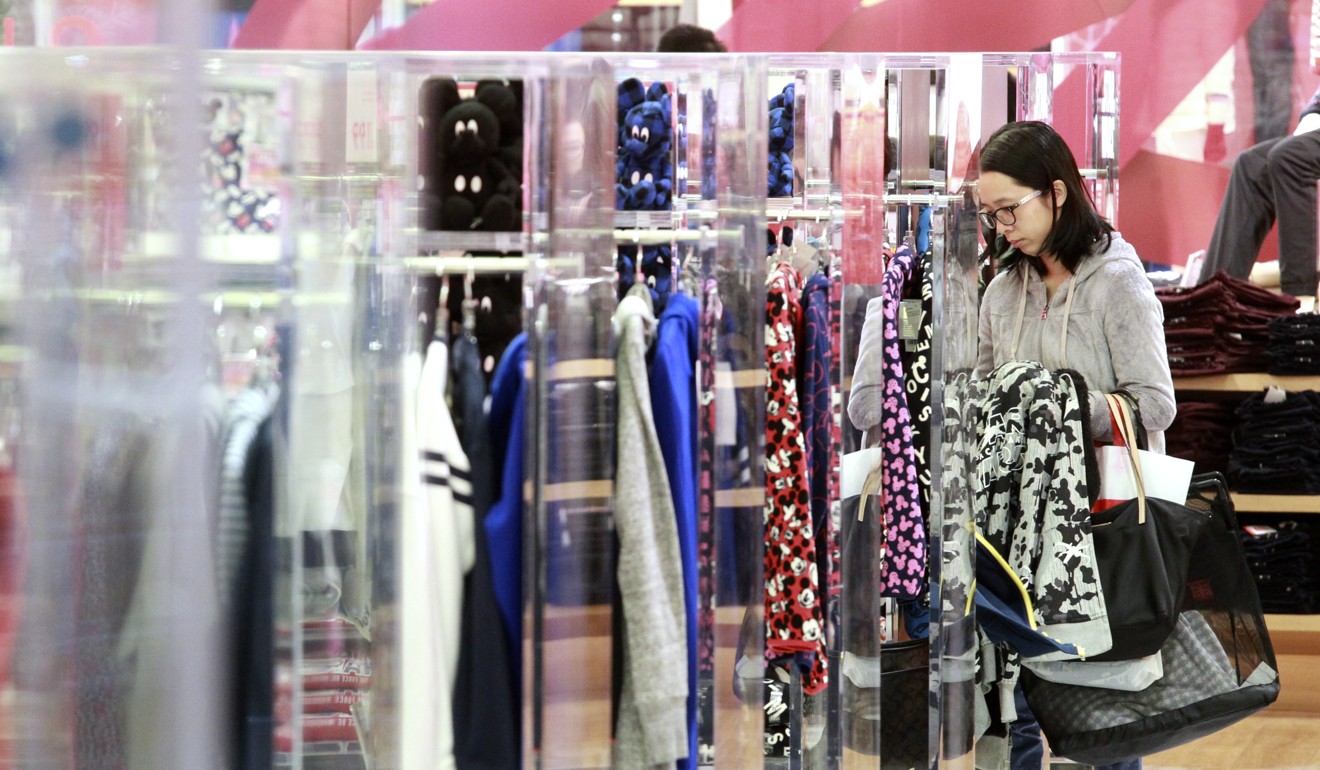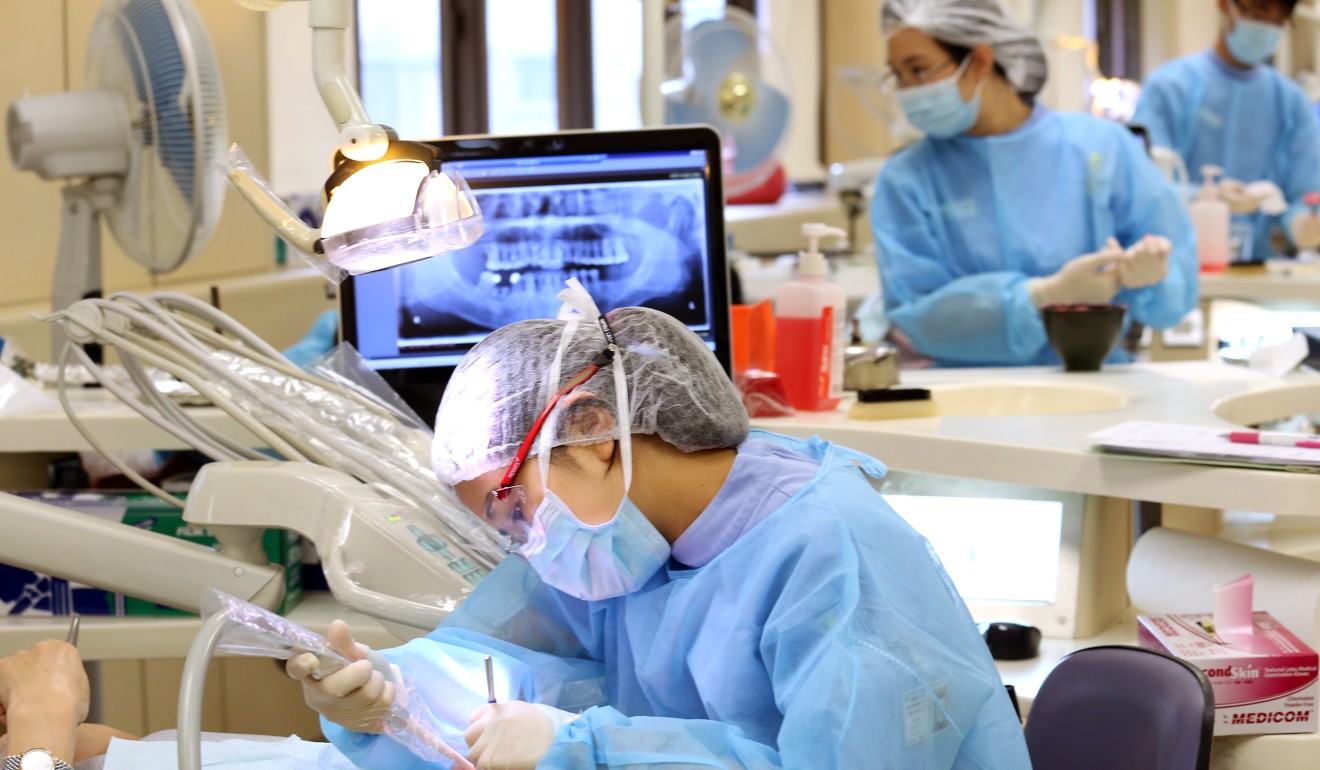
One in four Hongkongers deprived of most basic necessities, study finds
Researchers say proportion higher than city’s official poverty rate, showing government definition not comprehensive enough to reflect hardships
Almost a quarter of Hongkongers are considered deprived of life’s most basic necessities, such as not being able to afford regular dental check-ups or new clothes every year, a local study has revealed.
Chinese University researchers said the proportion – higher than the latest official poverty rate of 19.9 per cent – showed that the government’s definition of poverty based solely on income was not comprehensive enough to reflect the hardships people face.

The researchers based their calculations on a person’s accessibility to 23 essential items. Those who could not afford two or more items were considered deprived.
Necessities included having three meals a day, getting a dental check-up once a year, owning a mobile phone, affording new clothes once a year, or going out with family or friends once a month.
Tales from Beijing and Hong Kong show challenge of fighting poverty, especially among working poor
The longitudinal study involved 1,476 people first in 2014, and the same participants were surveyed again last year.
The deprivation rate improved to 24.7 per cent last year from 28.8 per cent in 2014, researchers said, thanks to the city’s economic growth, a historically low unemployment rate and higher salaries.
But Chinese University associate professor Wong Hung, who worked on the study, said the rise was nothing to be complacent about.

“Although the study shows there were fewer deprived people, almost a quarter of Hongkongers still struggled to afford these very basic necessities in life, and we should be concerned about that.”
The most deprived group in the city was the single elderly, with 25.3 per cent living in deprivation.
More Hongkongers now living below poverty line, labour and welfare chief says
Hongkongers were most deprived when it came to taking care of their teeth, as 26.7 per cent of those surveyed were unable to afford getting a regular dental check-up. The figure had already declined from 38.7 per cent in 2014.
The study also showed that those meeting the definition of deprived were 1.5 times more likely to be less physically healthy and 1.3 times more likely to be less mentally healthy compared with those who were not deprived.
The government should implement more specific community programmes so people can directly benefit from them
Wong said the research highlighted that the government’s official definition of those who were poor underestimated those who were also socially disadvantaged in the city.
Chinese University assistant professor Roger Chung Yat-nork said a poverty calculation solely based on income was not comprehensive enough to reflect people’s actual well-being.
“Hong Kong is very backward. In the United Kingdom, the definition of poverty includes income and deprivation poverty, but in Hong Kong poverty is such a one-dimensional concept,” Chung said.
The researchers urged the government to redefine deprivation accordingly in its policymaking when tackling poverty so that programmes targeting those most in need could be more effective.
“Handing out money or cash vouchers to people might not necessarily solve the city’s deprivation problem,” Wong added. “The government should implement more specific community programmes so people can directly benefit from them.”
Watch: Hong Kong’s elderly in poverty

